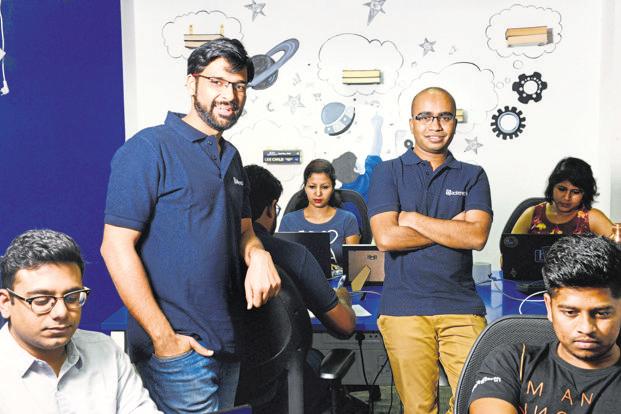In 2012, when Sachin Gupta graduated from the Indian Institute of Technology (IIT), Roorkee with a job offer from Google India, he faced a conundrum. He and his college mate, Vivek Prakash, had been building a software system, HackerEarth, for engineer recruitment. They had an offer from GSF Accelerator, a Bengaluru seed-funder for technology start-ups.
It came with a caveat: GSF wanted the two in Bengaluru, working full-time on the start-up, if they were to get the initial money. “That was our first challenge,” recalls Gupta. “If we wanted to do this start-up, and we so did, Vivek had to miss a semester in his degree while I had to leave my job.” Prakash wanted to get his degree.
The IIT-Roorkee management was persuaded to allow Prakash to complete his final semester out of Bengaluru. It worked, and the founders started whiteboarding their product. Within four months, they got $120,000 (around Rs81 lakh now) in angel funding from GSF.
Starting a business is just the first challenge for a founder. There are many more, as Anu Sridharan discovered. In 2011, while pursuing a master’s in civil engineering from Berkeley College, US, Sridharan presented a business plan on water supply distribution in a college competition, and, with half a million dollars worth of grants, moved to Hubbali-Dharwad, Karnataka, to begin NextDrop, a social enterprise in the field of water management. She was 24, and had no idea how to run a business.
Start-ups are not easy at all

“My first question was, how do I not die?” she says. “I googled things like profit and loss statement and HR management, took online courses on digital marketing, read five books a month.
If the internet hadn’t been invented, I wouldn’t have been able to do this,” says the 30-year-old. Constant upskilling, advice from mentors, and talking to people on the ground, helped. The team expanded, built a smart-grid application to track water supply, and the local government was supportive. But then reality hit hard, as it did the founders of HackerEarth.
“We were kids, two 22-year-olds from middle-class, sheltered homes who had so far led a sheltered college life. Suddenly, we had to pitch to funders and they were giving us money and we needed to show traction and were liable, had to look at legal documents, buy shirts and ties for meetings and create PPTs. We felt overwhelmed,” recalls Gupta. They also had to take care of accounts, foreign investments, Sebi regulations, reporting structures and taxes—while figuring out the product and writing codes.
Read the complete article on livemint.com

